UV resin is a popular choice among crafters, artists, and DIY enthusiasts for its quick curing time and glossy finish.
But when it comes to projects that might come into contact with food or drinks like tumblers, coasters, or trays many people wonder: Is UV resin food safe? Understanding the answer is critical for your health and safety, as well as for anyone who will use your creations.
This article provides a clear, authoritative overview of UV resin’s food safety status, the reasons behind it, and safe alternatives for your projects.
Standard UV Resin and Food Safety Verdict
The direct answer is that standard UV resin is NOT considered food safe. Most UV resins available for crafting and art projects are not designed, tested, or certified for use with items that will directly contact food or beverages.
Unless a UV resin product is explicitly certified as food safe by the manufacturer, you should assume it is not suitable for food contact. The following sections explain why this is the case and what you can do instead.
Reasons Why Standard UV Resin Is Not Food Safe
Photo from Plaid Crafts
There are several important reasons why standard UV resin should not be used on surfaces that touch food:
Component Toxicity:
Liquid UV resin contains chemicals that are toxic and can cause skin, eye, or respiratory irritation. These components are not safe for ingestion or direct contact with food.
Incomplete Curing:
Achieving a fully cured, inert surface with UV resin can be challenging. If any part of the resin remains uncured, it remains hazardous and can leach chemicals.
Potential Chemical Leaching:
Even when fully cured, standard UV resins may release small amounts of chemicals over time especially when exposed to heat, acidic or fatty foods, or repeated washing. This risk is heightened because most UV resins are not formulated to minimize chemical migration.
Lack of Food Safety Certification:
Most craft UV resins have not undergone the stringent testing required to meet food contact regulations (such as FDA standards in the US). Without such certification, there is no assurance they are safe for food use.
Understanding Food Safe Standards for Resins and Coatings
The term "food safe" means much more than just "non-toxic." For a resin or coating to be considered food safe, it must be tested and certified to meet specific regulations such as the FDA’s 21 CFR 175.300 in the United States, which covers resinous and polymeric coatings for food contact.
Compliance involves rigorous testing for chemical migration under various conditions and requires specific formulations. Only products that pass these tests and have explicit certification should be used for food contact surfaces.
Are There Any UV Resins Certified as Food Safe?
While it is theoretically possible for a manufacturer to formulate and certify a UV resin as food safe, this is extremely rare among products marketed to crafters and artists.
If you find a UV resin that claims to be food safe, look for clear, official documentation or certification such as FDA food contact compliance. Do not rely on vague marketing terms like "non-toxic when cured."
If in doubt, err on the side of caution and assume the resin is not food safe.
Is Fully Cured UV Resin Safe or Non-Toxic?
Yes, it’s true that fully cured UV resin is far less hazardous than its liquid form and is often described as "non-toxic" or "inert." However, this does not mean it is automatically food safe.
The risk of micro-leaching where tiny amounts of chemicals may migrate from the cured resin into food or drink remains, especially if the resin is not specifically designed and certified for food contact. "Non-toxic when cured" is not the same as "food safe."
Comparing UV Resin to Food-Safe Epoxy Resin
Both UV resin and two-part epoxy resin are popular in crafting, but their food safety profiles differ:
- Standard UV resin: Rarely, if ever, certified as food safe.
- Standard epoxy resin: Also generally not food safe.
- Food-safe epoxy resin: Some two-part epoxy systems are formulated, tested, and certified as food safe (FDA compliant) when mixed, cured, and used exactly as instructed. These are more commonly available than food-safe UV resins but still require careful selection and use.
Always check for explicit food safety certification and follow the manufacturer’s instructions precisely.
Safe Ways to Use UV Resin Near Food and Drink
Photo from Lynn & Liana Serveware
If you want to use UV resin in projects that might be near food or drink, consider these safer practices:
Apply UV Resin Only to Non-Food Contact Surfaces
Use UV resin only on parts of your project that will not touch food or your mouth. For example, decorate the outside of a tumbler well below the rim, the underside of a coaster, or the decorative edges of a tray.
Use a Certified Food-Safe Sealant
If you want a glossy finish on a food-contact area, apply a separate, certified food-safe sealant (such as one that meets FDA food contact standards) over the fully cured UV resin. The sealant must itself be certified and applied according to instructions to act as a safe barrier.
Incorporate Food-Safe Inserts
Design your items to include a food-safe insert (such as stainless steel, glass, or ceramic) for any area that will touch food or drink. Use UV resin only for external decoration, keeping it away from the food-contact surface.
Choose Food-Grade Materials for Food Contact Surfaces
For any surface that must be food safe, use materials specifically designed and certified for food contact such as food-safe silicone, glass, or certified epoxy rather than standard UV resin.
Summary of Potential Risks with UV Resin and Food Contact
Using non-certified UV resin for food contact carries several risks:
- Chemical leaching: Migration of potentially harmful substances into food or drink.
- Exposure to hazardous components: Including possible BPA or other toxins, especially if the resin is not fully cured.
- Incomplete curing: Leaving behind toxic, irritant chemicals that can be ingested.
Because of these risks, it’s safest to avoid using standard UV resin on any surface that will directly contact food or beverages.
Frequently Asked Questions
Is cured UV resin toxic?
Fully cured UV resin is much less hazardous than its liquid form and is often marketed as "non-toxic." However, this does not guarantee it is safe for food contact, as chemical leaching may still occur. Uncured or improperly cured resin remains toxic and should always be avoided.
Can you drink from a cup coated in UV resin?
No, you should not drink directly from a cup coated with standard, non-certified UV resin. Only use UV resin for external decoration, well away from the rim, or use a food-safe insert or certified food-safe sealant over the cured resin if you need a glossy finish on food-contact areas.
What resin is food safe?
Most standard craft resins, whether UV or epoxy are not food safe. Food-safe resins are specifically formulated, tested, and certified (such as FDA compliant epoxy systems). Always check for explicit certification from the manufacturer before using any resin for food contact.
Is UV resin BPA free?
It depends on the brand and formulation. Some UV resins may contain BPA or related compounds, while others are made to be BPA-free. Check the manufacturer's Safety Data Sheet (SDS) or product information for details. Remember, BPA-free does not automatically mean food safe.
Also Read:
Epoxy Resin vs UV Resin: What's the Difference?
Epoxy Resin for Beginners: Essential Starter Guide
Cool Resin Art To Try: Creative Ideas and Techniques

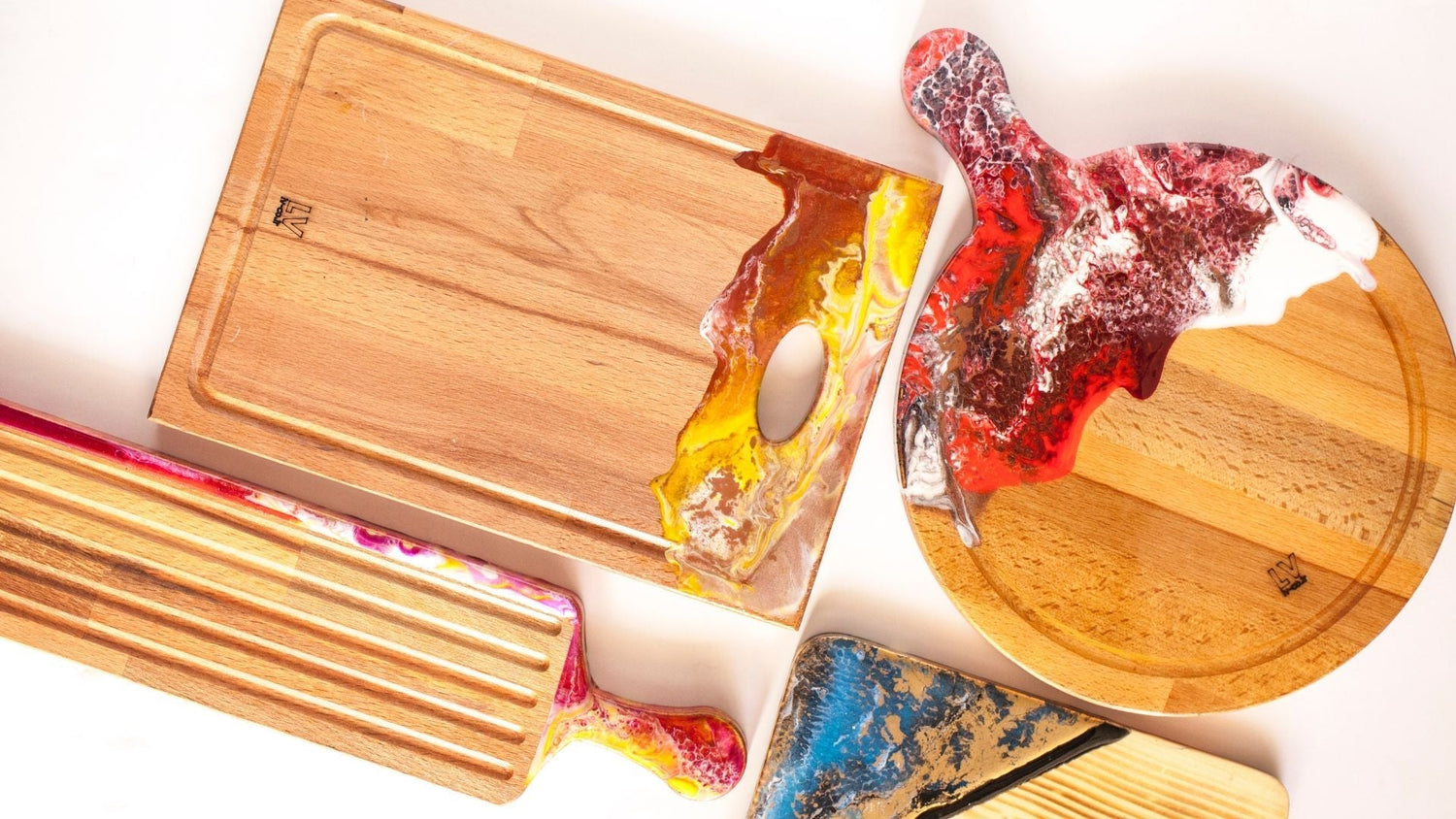
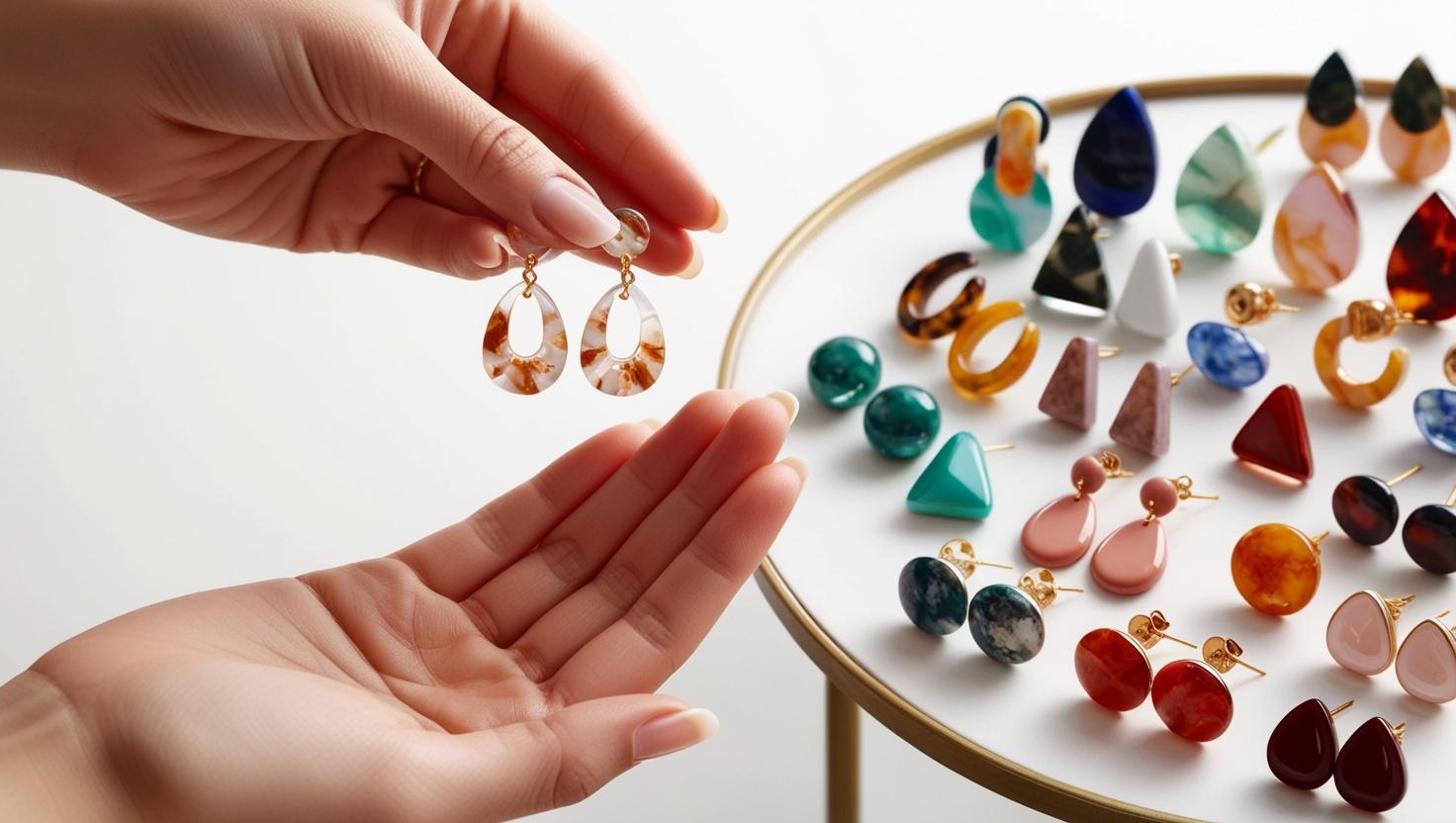
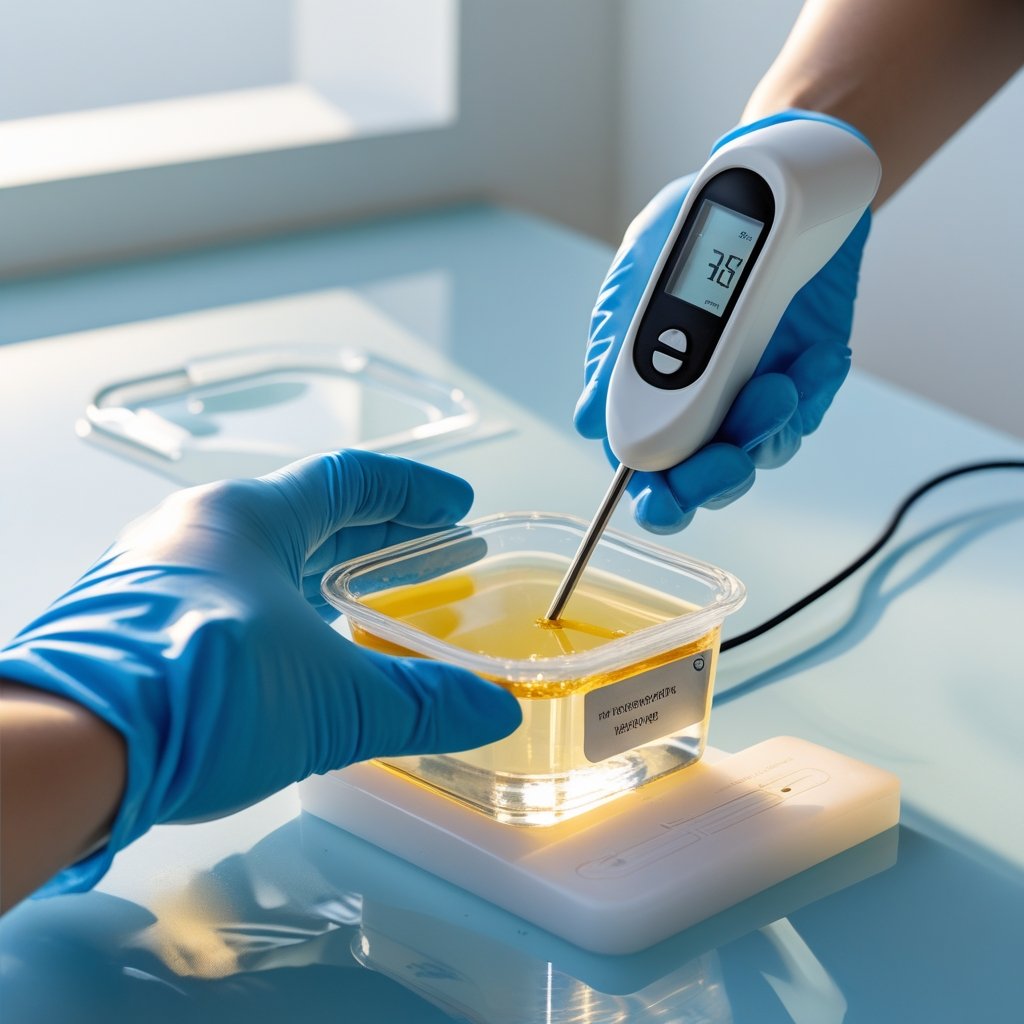
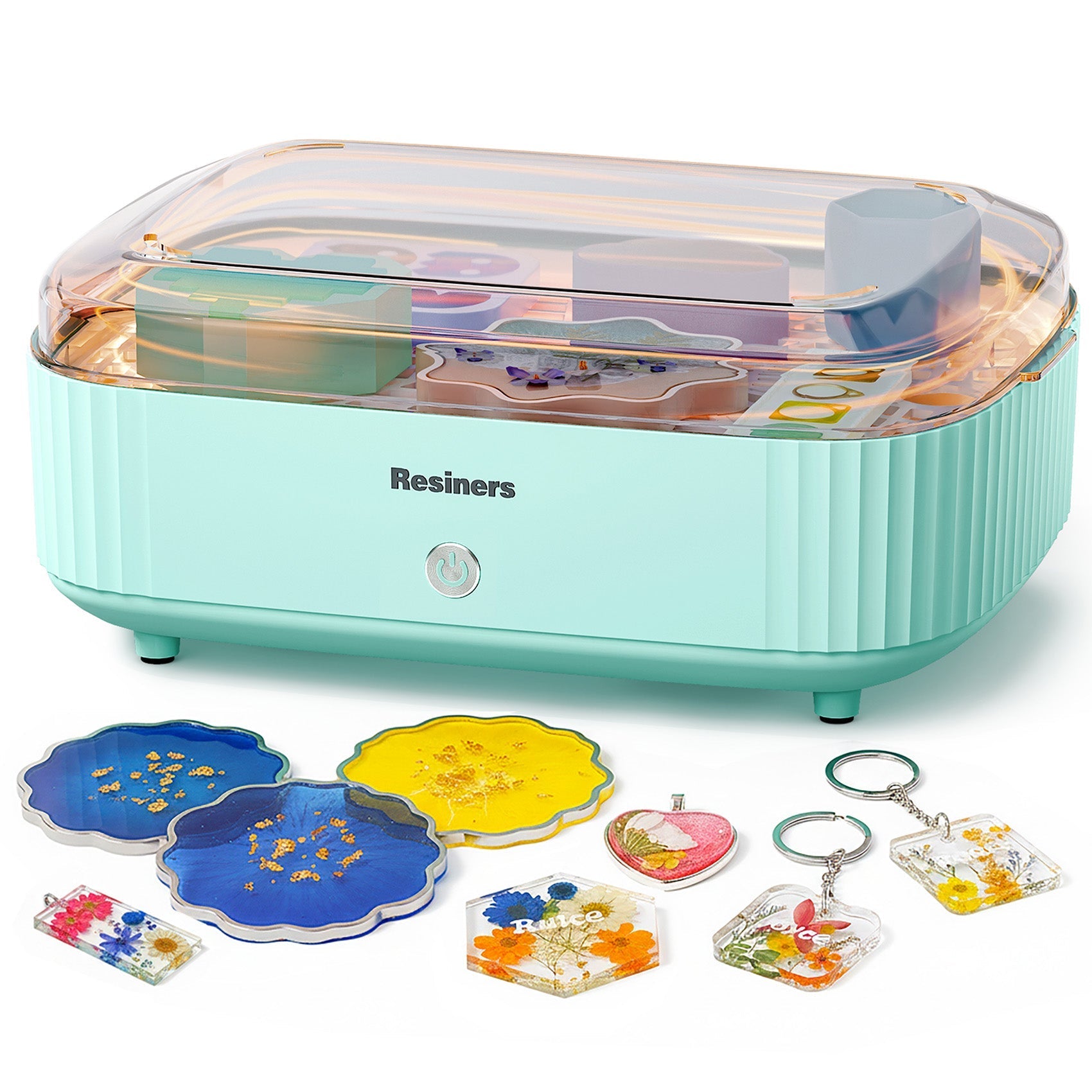
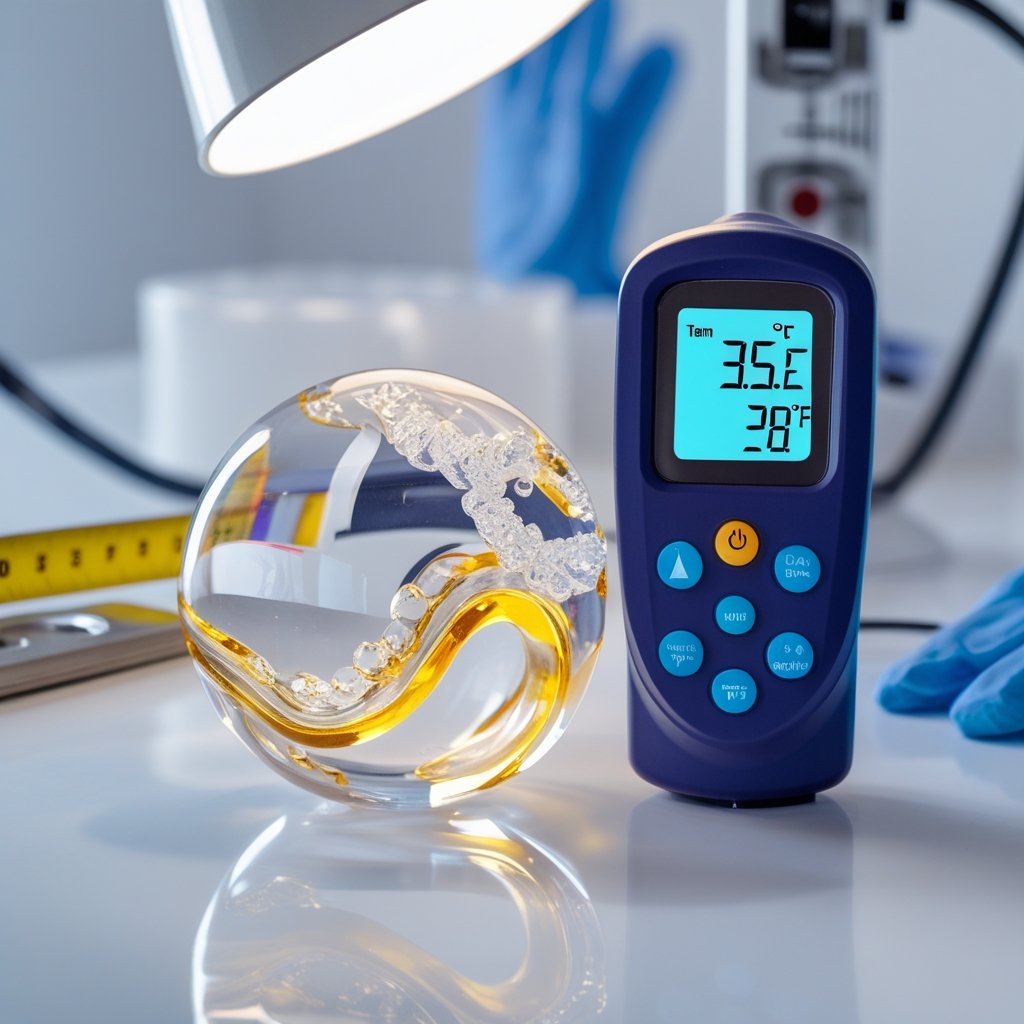
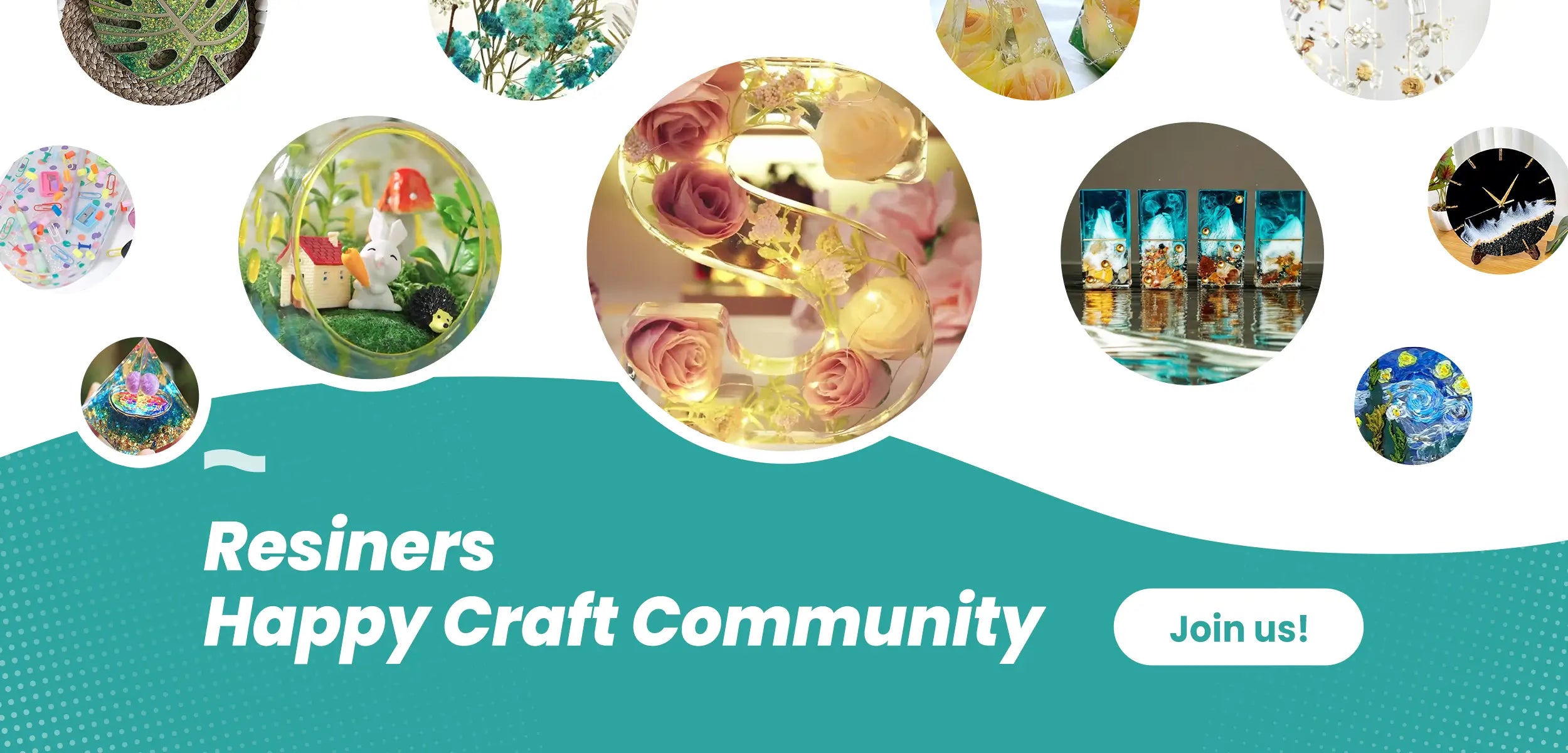
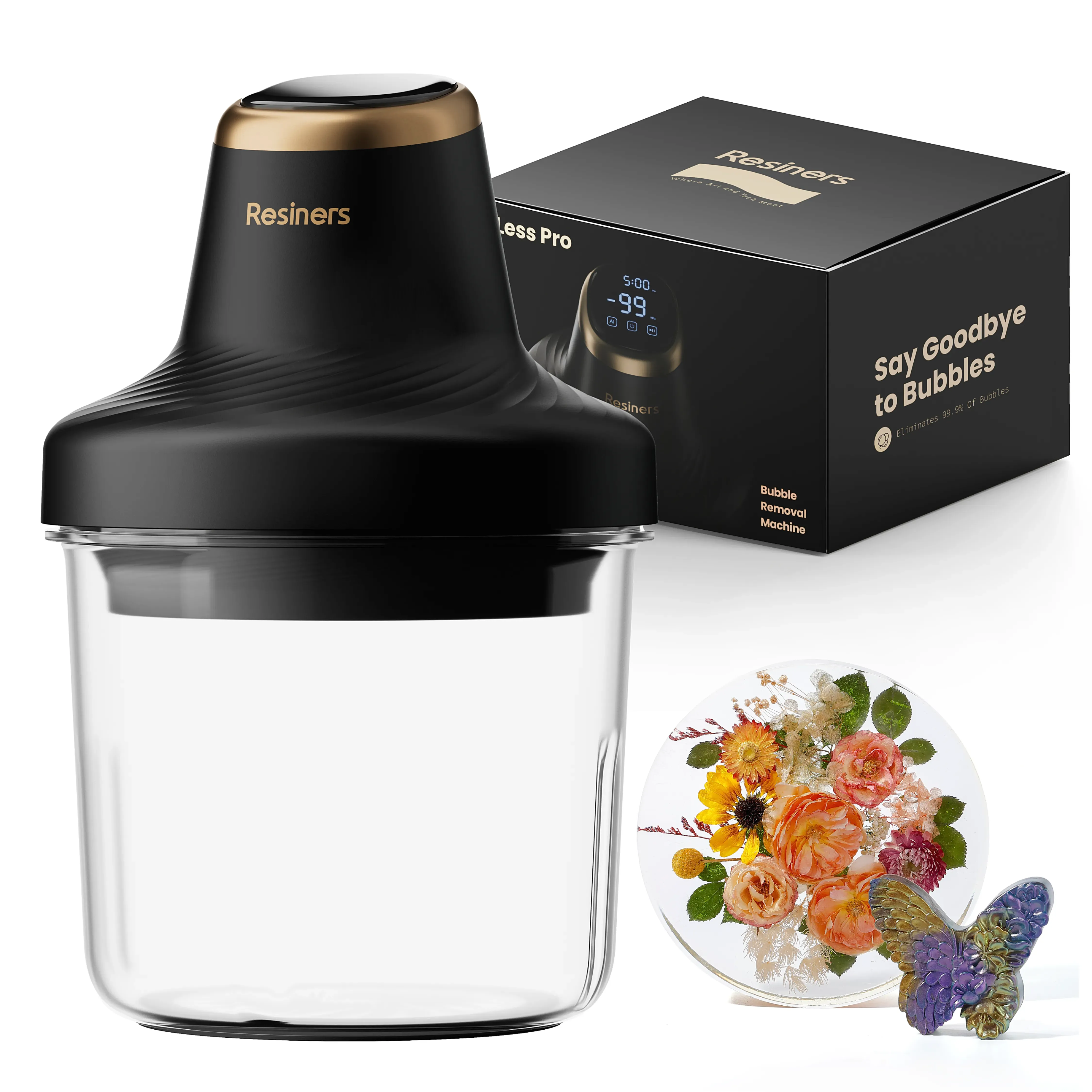
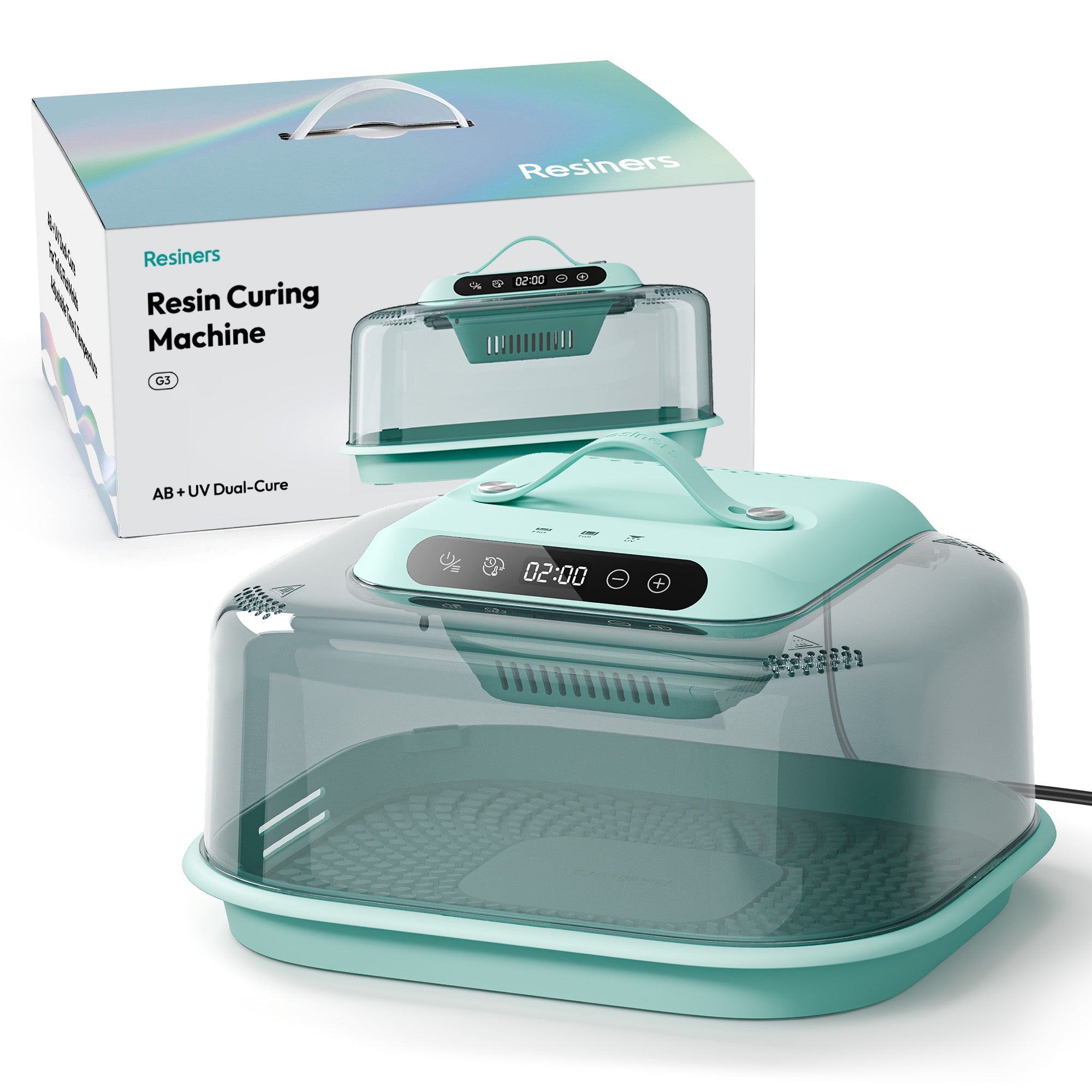
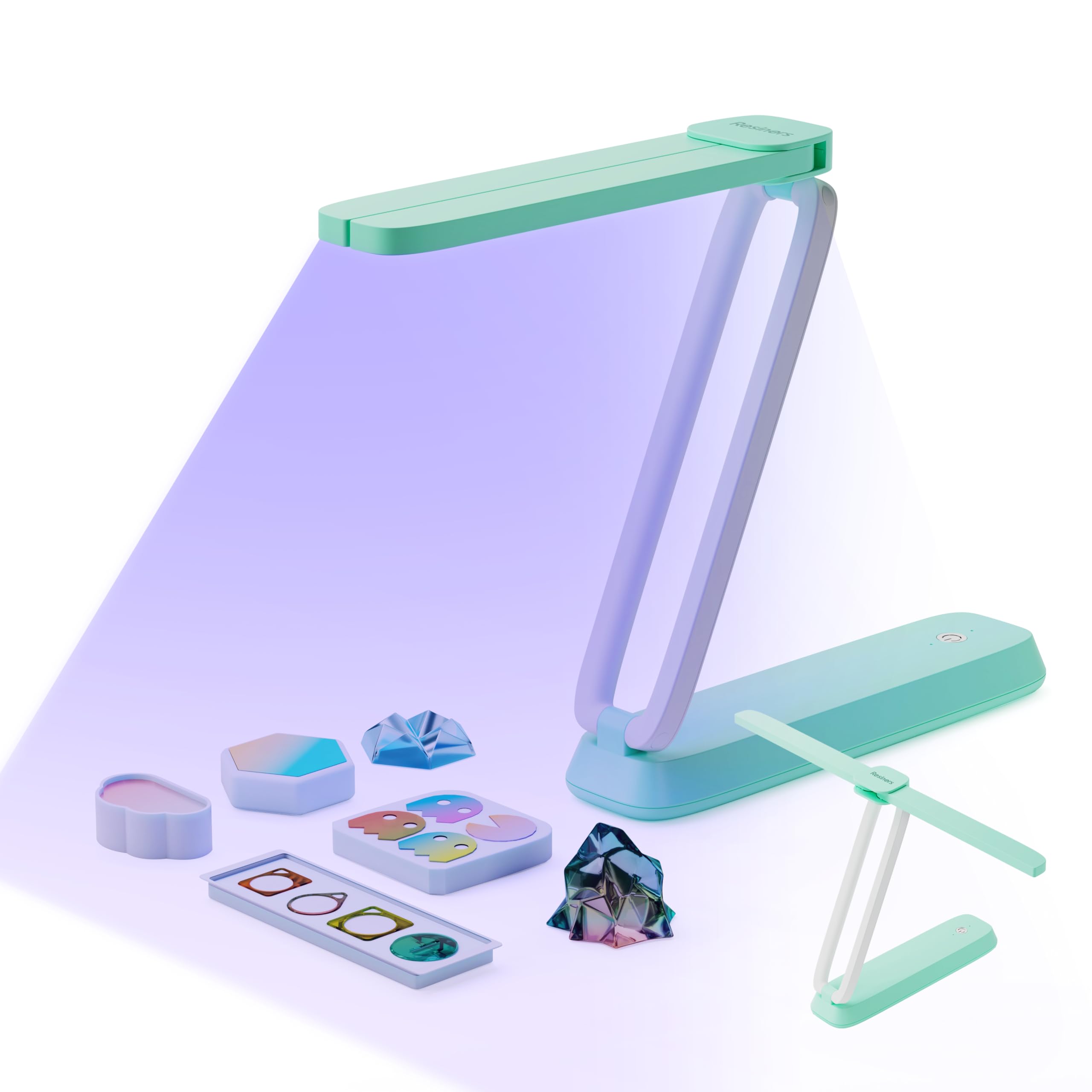
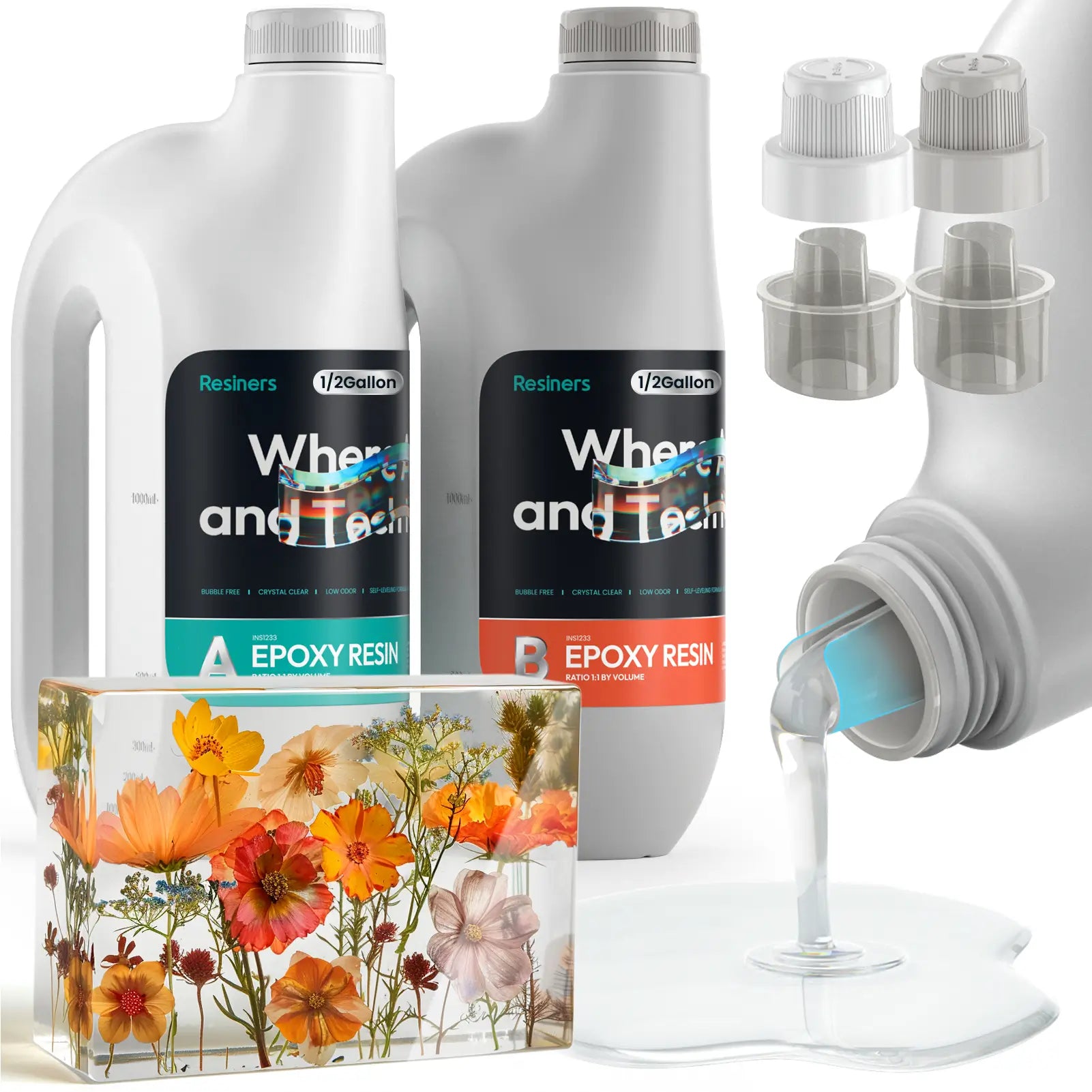
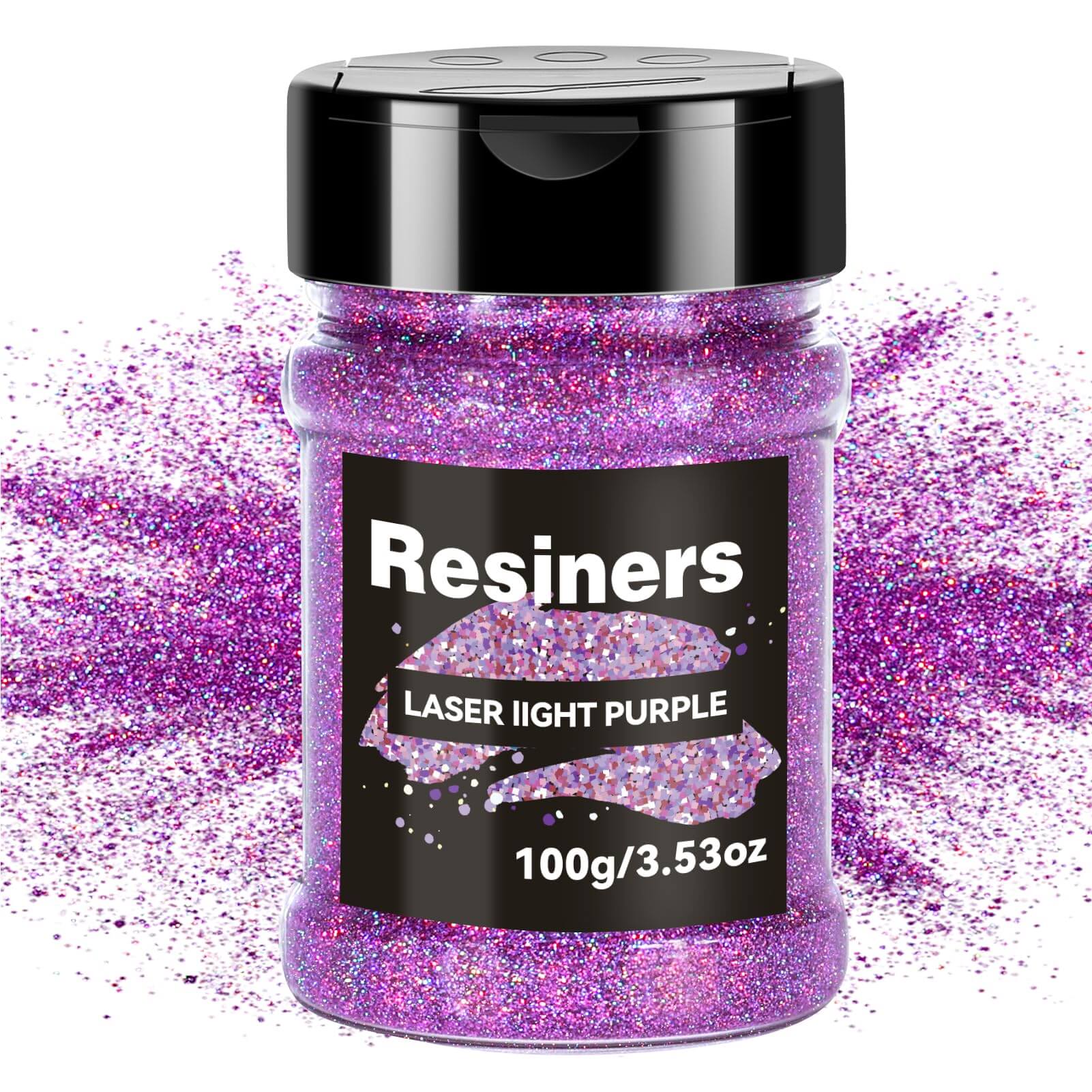
اترك تعليقًا
This site is protected by hCaptcha and the hCaptcha Privacy Policy and Terms of Service apply.